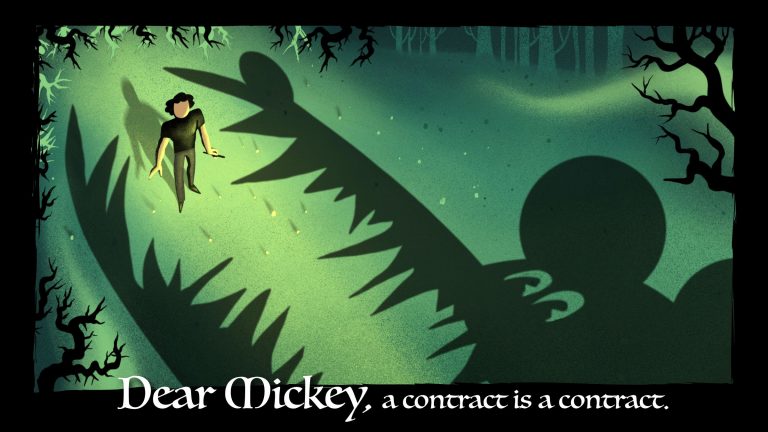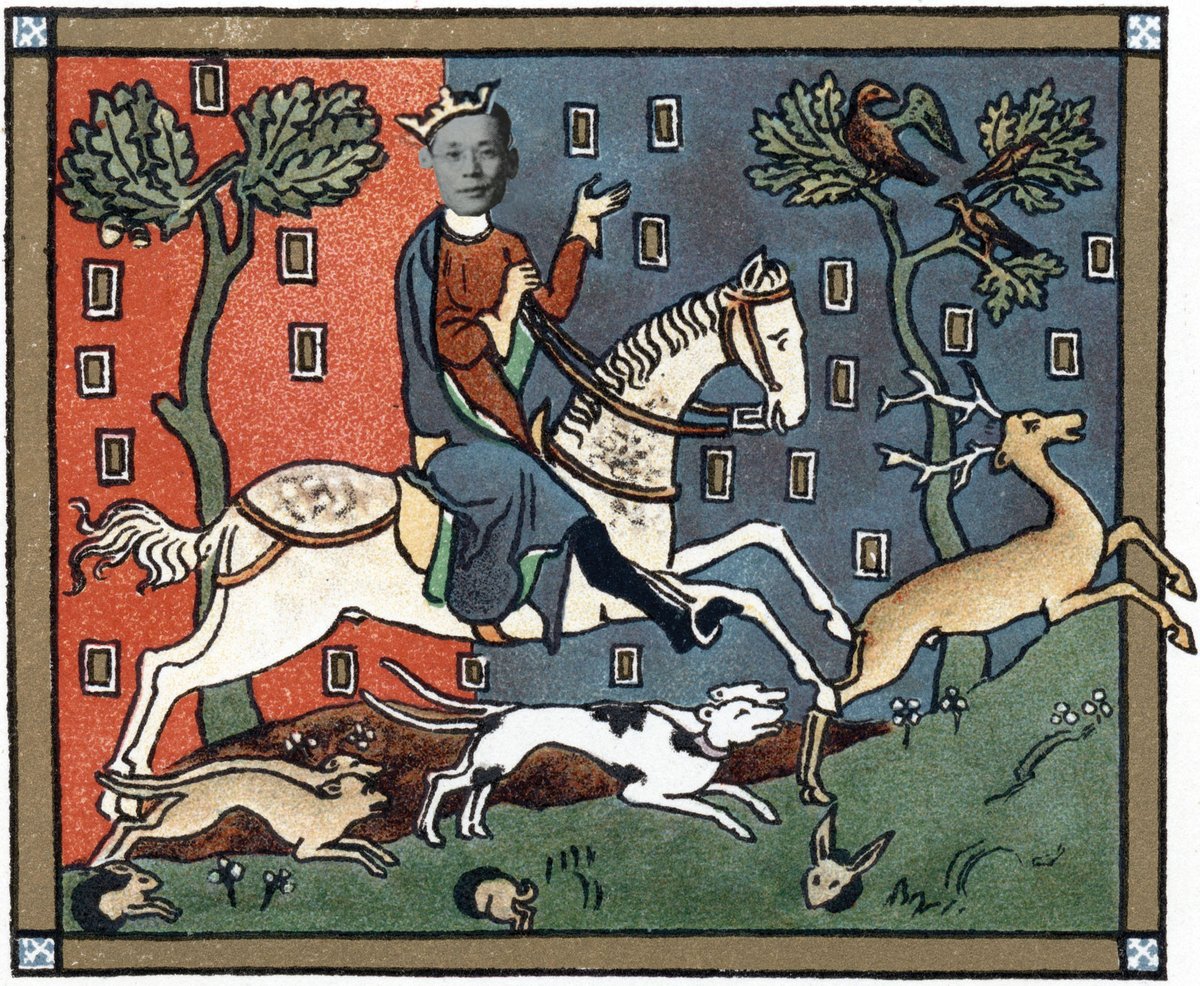
Today's Twitter threads (a Twitter thread).
Inside: What the hell is "carried interest"; Korea set to break the Samsung dynasty; Disney's writer wage-theft is far worse than reported; and more!
Archived at: pluralistic.net/2021/04/29/wri…
#Pluralistic
1/
Inside: What the hell is "carried interest"; Korea set to break the Samsung dynasty; Disney's writer wage-theft is far worse than reported; and more!
Archived at: pluralistic.net/2021/04/29/wri…
#Pluralistic
1/

Later today, I'm helping Bruce Sterling launch "Robot Artists & Black Swans," a book of sf short stories in the Italian "fantascienza" mode, at Austin's Book People!
bookpeople.com/event/virtual-…
2/
bookpeople.com/event/virtual-…
2/

What the hell is "carried interest": A scam, obviously, but the real ripoff is preferential tax-treatment of capital gains.
3/
https://twitter.com/doctorow/status/1387799416468230146
3/

Korea set to break the Samsung dynasty: Intergenerational wealth transfers, dynastic fortunes, and eugenic meritocracy.
4/
https://twitter.com/doctorow/status/1387816264052088834
4/

Disney's writer wage-theft is far worse than reported: Allan Dean Foster was just the first to go public.
5/
https://twitter.com/doctorow/status/1387821634279514115
5/

#15yrsago Stephen Colbert kicks ass at White House press corps dinner web.archive.org/web/2006061006…
#10yrsago Jay Rosen: What I Think I Know About Journalism pressthink.org/2011/04/what-i…
#1yrago NSO Group employee used Pegasus cyberweapon to stalk a woman pluralistic.net/2020/04/29/ban…
6/
#10yrsago Jay Rosen: What I Think I Know About Journalism pressthink.org/2011/04/what-i…
#1yrago NSO Group employee used Pegasus cyberweapon to stalk a woman pluralistic.net/2020/04/29/ban…
6/

#1yrago Founder of AI surveillance company was a Nazi who helped shoot up a synagogue pluralistic.net/2020/04/29/ban…
#1yrago Cigna claims to be rolling in dough and on the verge of bankruptcy pluralistic.net/2020/04/29/ban…
7/
#1yrago Cigna claims to be rolling in dough and on the verge of bankruptcy pluralistic.net/2020/04/29/ban…
7/

Yesterday's threads: Dems want to give $600b to the one percent; and more!
8/
https://twitter.com/doctorow/status/1387440820026966022
8/

My latest novel is Attack Surface, a sequel to my bestselling Little Brother books. @washingtonpost called it "a political cyberthriller, vigorous, bold and savvy about the limits of revolution and resistance."
Get signed books from @darkdel: darkdel.com/store/p1840/Av…
9/
Get signed books from @darkdel: darkdel.com/store/p1840/Av…
9/
My book "How to Destroy Surveillance Capitalism" is a critique of Big Tech connecting conspiratorial thinking to the rise of tech monopolies (proposing a way to deal with both) is now out in paperback:
onezero.medium.com/how-to-destroy…
Signed copies here:
darkdel.com/store/p2024/Av…
10/
onezero.medium.com/how-to-destroy…
Signed copies here:
darkdel.com/store/p2024/Av…
10/

My ebooks and audiobooks (from @torbooks, @HoZ_Books, @mcsweeneys, and others) are for sale all over the net, but I sell 'em too, and when you buy 'em from me, I earn twice as much and you get books with no DRM and no license "agreements."
craphound.com/shop/
11/
craphound.com/shop/
11/

Upcoming appearances:
* Book launch for Bruce Sterling's Robot Artists & Black Swans (Book People), Apr 27, bookpeople.com/event/virtual-…
* Book launch for Aminder Dhaliwal's Cyclopedia Exotica (Indigo), May 13, crowdcast.io/e/udbva8py/reg…
12/
* Book launch for Bruce Sterling's Robot Artists & Black Swans (Book People), Apr 27, bookpeople.com/event/virtual-…
* Book launch for Aminder Dhaliwal's Cyclopedia Exotica (Indigo), May 13, crowdcast.io/e/udbva8py/reg…
12/

Recent appearances:
* Right to Repair, Monopolies, and Solarpunk
* The surveillance state, digital monopolies, and why we should be worried (Podsongs)
anchor.fm/podsongs/episo…
* Conspiracy Theories (Utopian Horizons):
soundcloud.com/utopianhorizon…
13/
* Right to Repair, Monopolies, and Solarpunk
* The surveillance state, digital monopolies, and why we should be worried (Podsongs)
anchor.fm/podsongs/episo…
* Conspiracy Theories (Utopian Horizons):
soundcloud.com/utopianhorizon…
13/

My first picture book is out! It's called Poesy the Monster Slayer and it's an epic tale of bedtime-refusal, toy-hacking and monster-hunting, illustrated by Matt Rockefeller. It's the monster book I dreamt of reading to my own daughter.
pluralistic.net/2020/07/14/poe…
14/
pluralistic.net/2020/07/14/poe…
14/

You can also follow these posts as a daily blog at pluralistic.net: no ads, trackers, or data-collection!
Here's today's edition: pluralistic.net/2021/04/29/wri…
15/
Here's today's edition: pluralistic.net/2021/04/29/wri…
15/
If you prefer a newsletter, subscribe to the plura-list, which is also ad- and tracker-free, and is utterly unadorned save a single daily emoji. Today's is "🗣". Suggestions solicited for future emojis!
Subscribe here: pluralistic.net/plura-list
16/
Subscribe here: pluralistic.net/plura-list
16/
Are you trying to wean yourself off Big Tech? Follow these threads on the #fediverse at @pluralistic@mamot.fr.
Here's today's edition: mamot.fr/@pluralistic/1…
17/
Here's today's edition: mamot.fr/@pluralistic/1…
17/
• • •
Missing some Tweet in this thread? You can try to
force a refresh














